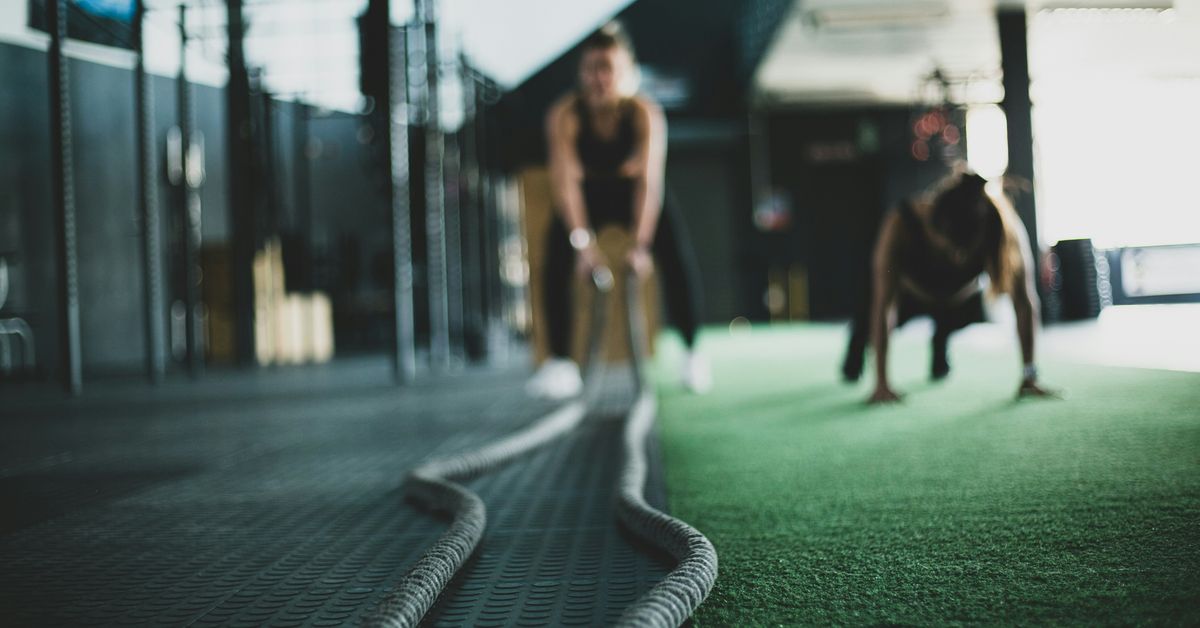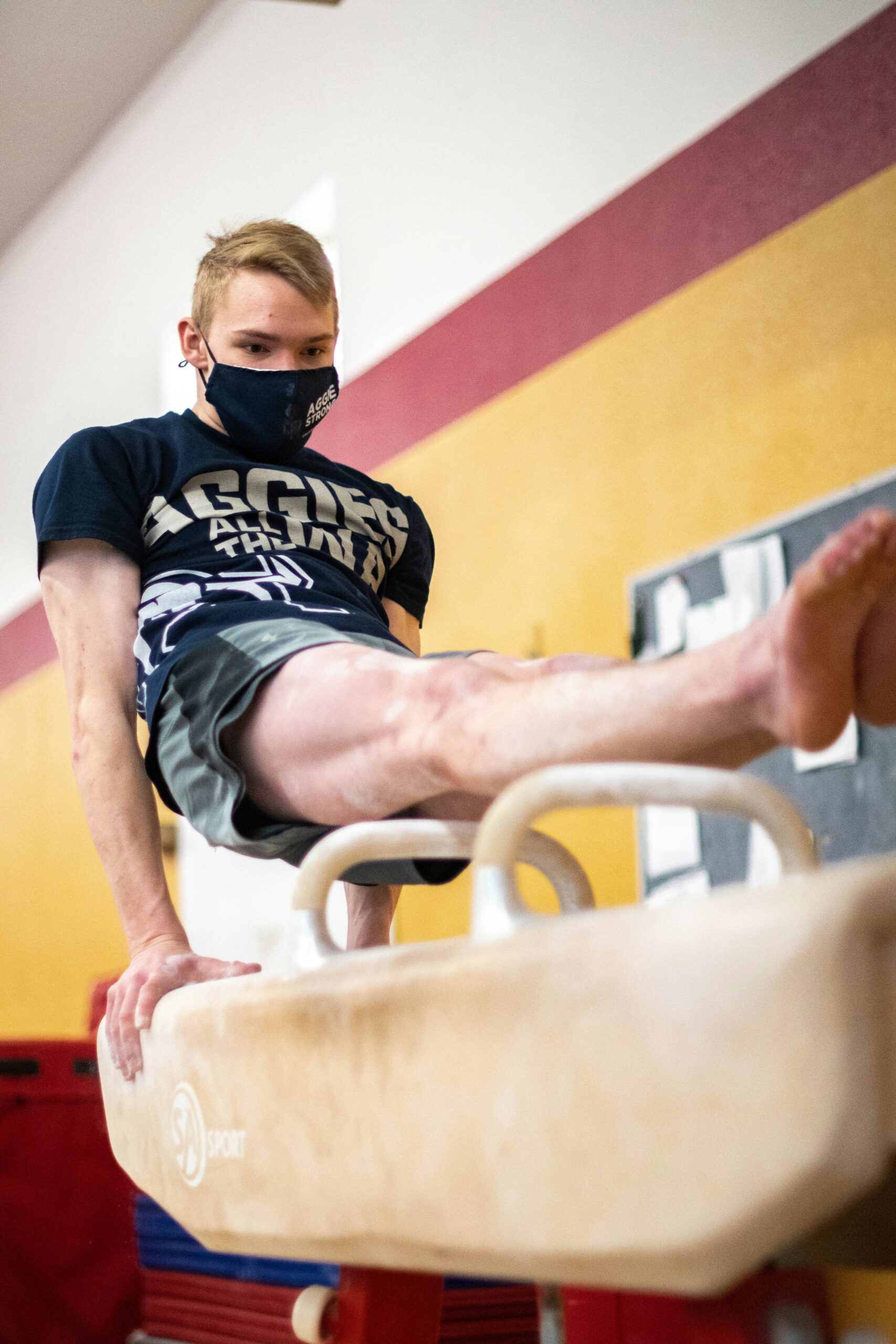Mental Toughness Training for Elite Athletes
Achieving peak performance in sports often requires more than just physical prowess; it demands mental toughness. Elite athletes excel not only due to their superior skills but also because of their ability to maintain focus, resilience, and determination under pressure. Mental toughness training plays a crucial role in developing these psychological skills, enhancing performance, and ensuring consistent success in competitive environments.
Understanding Mental Toughness
Mental toughness is broadly defined as the ability to consistently perform towards the upper range of ones talent and skill regardless of competitive circumstances. It encompasses several psychological attributes:
- Resilience: The capacity to recover quickly from difficulties, setbacks, or adversity.
- Focus: The ability to maintain concentration and avoid distractions during critical moments.
- Confidence: Belief in ones abilities and a positive mindset despite challenges.
- Determination: Persistent pursuit of goals even when facing obstacles or doubts.
These qualities are not innate but can be developed and strengthened through targeted training and practice.
Components of Mental Toughness Training
Training programs designed to enhance mental toughness typically incorporate a variety of techniques and strategies:
- Goal Setting: Establishing clear, achievable objectives helps athletes stay focused and motivated.
- Visualization: Mental rehearsal of successful performance scenarios can improve confidence and readiness.
- Self-Talk: Positive affirmations and constructive internal dialogue can bolster resilience and maintain composure.
- Stress Management: Techniques such as deep breathing, mindfulness, and progressive relaxation aid in controlling anxiety and maintaining concentration.
- Adversity Training: Simulating challenging situations in training builds resilience and prepares athletes to handle pressure effectively.
These methods are integrated into athletes’ training regimens alongside physical conditioning to optimize overall performance.
Case Studies: Real-World Applications
Several elite athletes have attributed their success to rigorous mental toughness training:
Visualization has been a game-changer for me. Before major competitions, I spend time visualizing every detail of my performance, from start to finish. It helps me enter the competition with confidence and clarity. – Professional Track Athlete
Case studies of Olympic athletes often highlight their mental resilience in overcoming injuries or unexpected challenges during competitions, demonstrating the effectiveness of mental toughness strategies.
Benefits of Mental Toughness Training
The advantages of developing mental toughness extend beyond sports performance:
- Enhanced resilience aids in coping with setbacks in both sports and personal life.
- Improved focus and concentration benefit academic and professional pursuits.
- Increased self-confidence translates to better leadership and decision-making skills.
These benefits underscore the broader applicability of mental toughness training beyond athletic arenas.
Conclusion
Mental toughness training is an essential component of elite athletes preparation, enabling them to perform consistently under pressure and overcome challenges effectively. Through structured programs incorporating goal setting, visualization, and stress management techniques, athletes cultivate resilience, focus, and confidence, ultimately optimizing their performance and achieving success at the highest levels of competition.
By investing in mental toughness training, athletes not only enhance their athletic capabilities but also develop valuable life skills that contribute to their overall well-being and success in various aspects of life.




